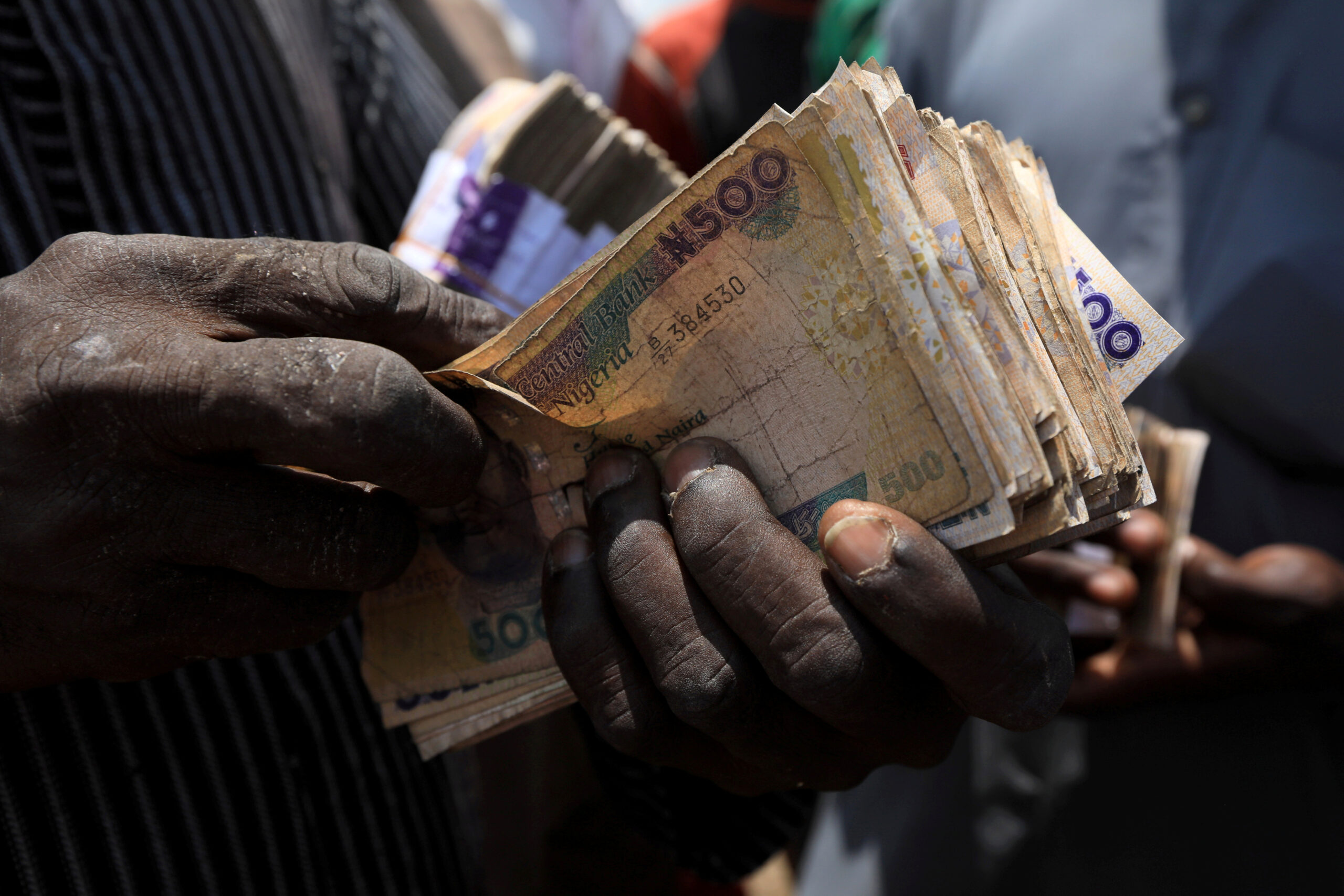Trans-Border Traders Reject Nigerian Naira Amid Currency Depreciation

“Naira Depreciation Sparks Rejection by Trans-Border Traders in West Africa”
Thank you for reading this post, don’t forget to subscribe!
Recent months have seen a concerning trend for the Nigerian Naira as its depreciation has led to significant challenges in the West African market region. Trans-border traders, once reliant on the Naira, are now turning away from it, opting instead for currencies like the CFA or the domestic currency of non-francophone countries.
Traditionally, the Naira held sway as the primary currency for trade across borders due to Nigeria’s significant trade volume with neighboring countries. It was widely accepted in unofficial payment systems. However, recent findings reveal a shift away from the Naira, with outright rejection observed as early as March 2024.
Nigerian traders, among others, expressed dismay over the Naira’s declining value, citing it as a substantial risk. Official reports illustrate the Naira’s downward trajectory, with exchange rates showing a stark decrease compared to previous years. This depreciation has adversely affected the cost of imported goods into Nigeria, leading to a slowdown in business activities on both sides of the border.
Money changers and transporters along the borders are also shunning the Naira, citing potential losses when converting it to other currencies. Even within border towns, the Naira’s acceptance has waned, with some traders insisting on payment in alternative currencies like the CFA.
The depreciation of the Naira is attributed to various factors, including the strength of the United States Dollar and economic challenges in neighboring countries. Traders lament the loss of the Naira’s former strength and its widespread acceptance across the West African region.
In response to these developments, traders are adapting their practices, with many now requiring customers to convert Naira to CFA before accepting payment. This shift marks a significant departure from previous times when the Naira held dominance in West African markets.
Overall, the rejection of the Naira by trans-border traders signals a challenging economic landscape, highlighting the need for comprehensive measures to address currency stability and trade relations within the region.





